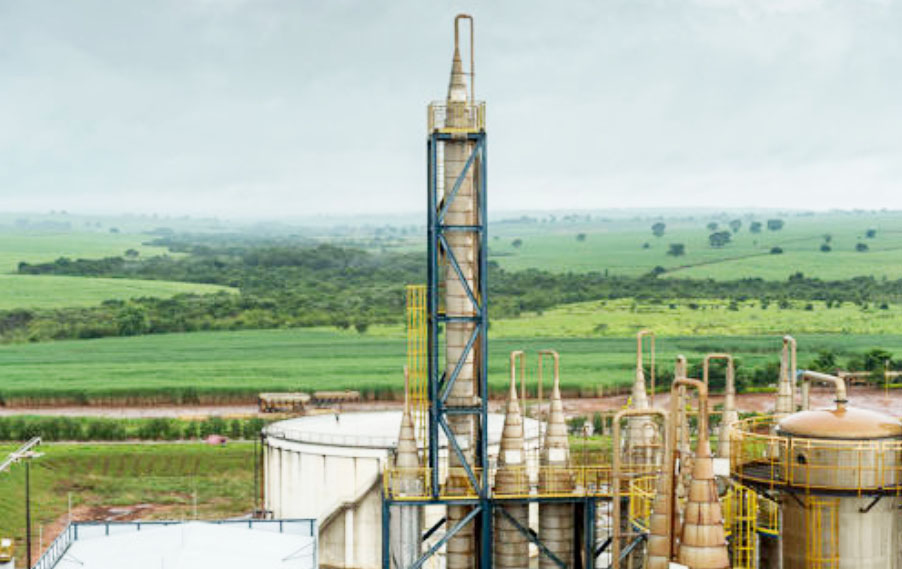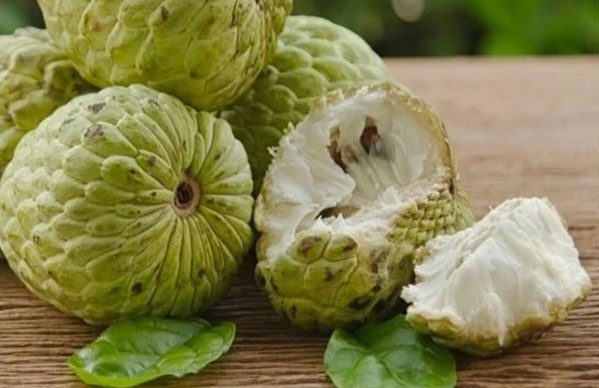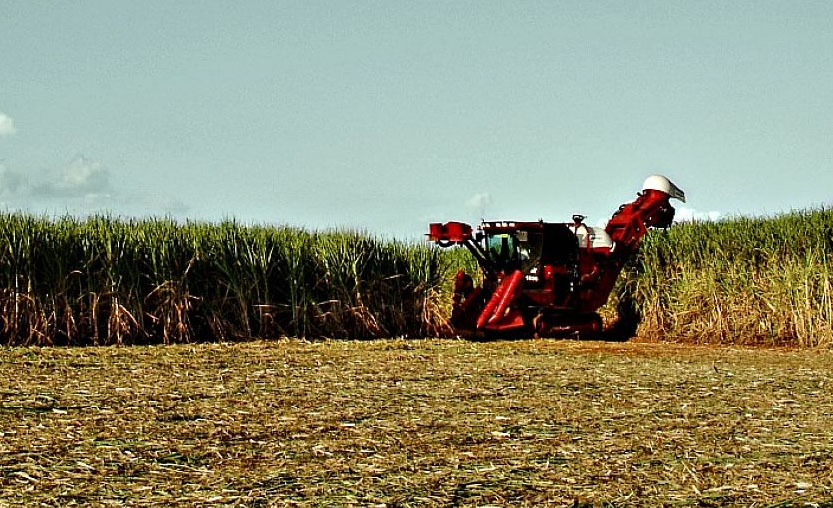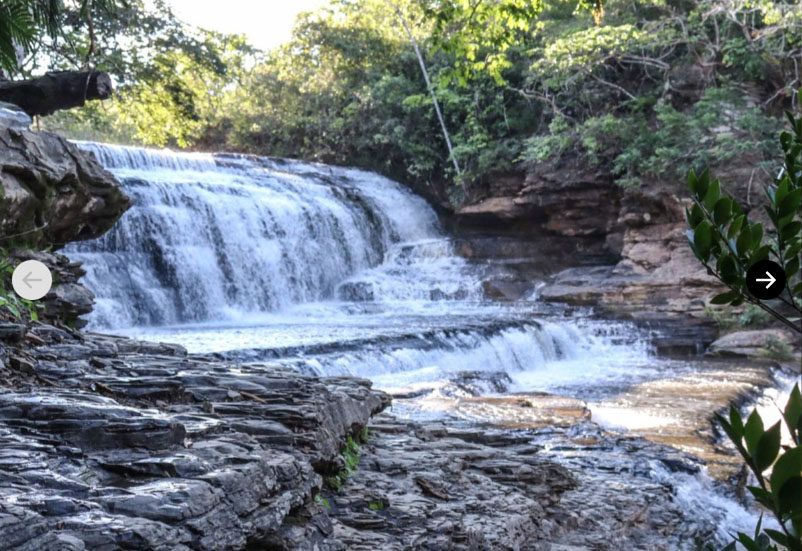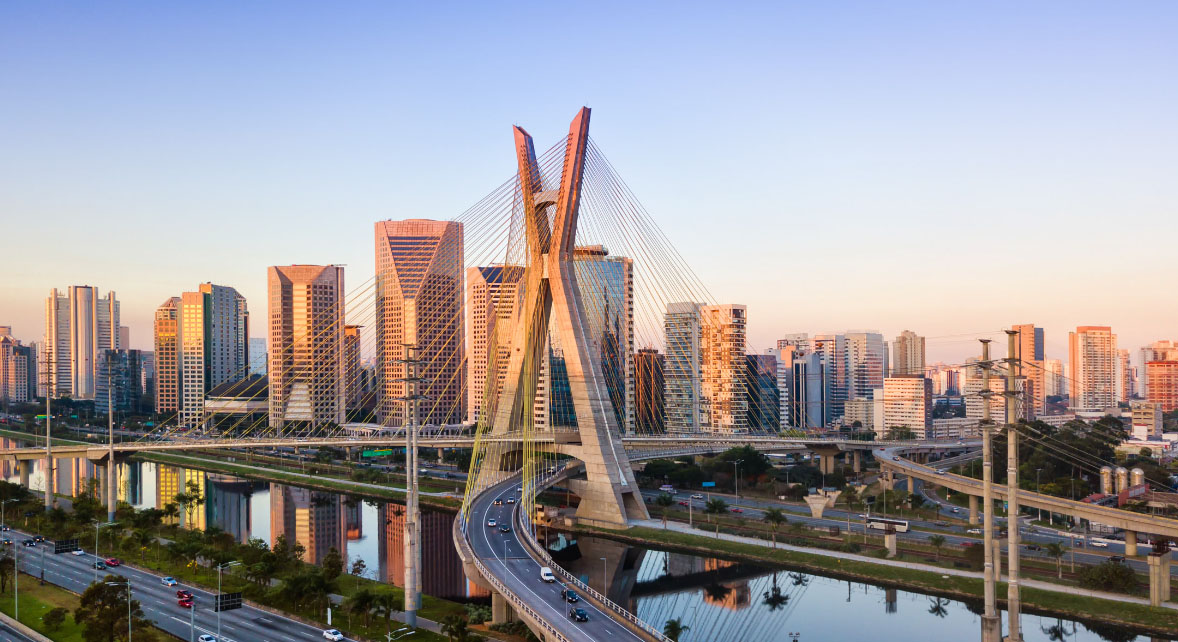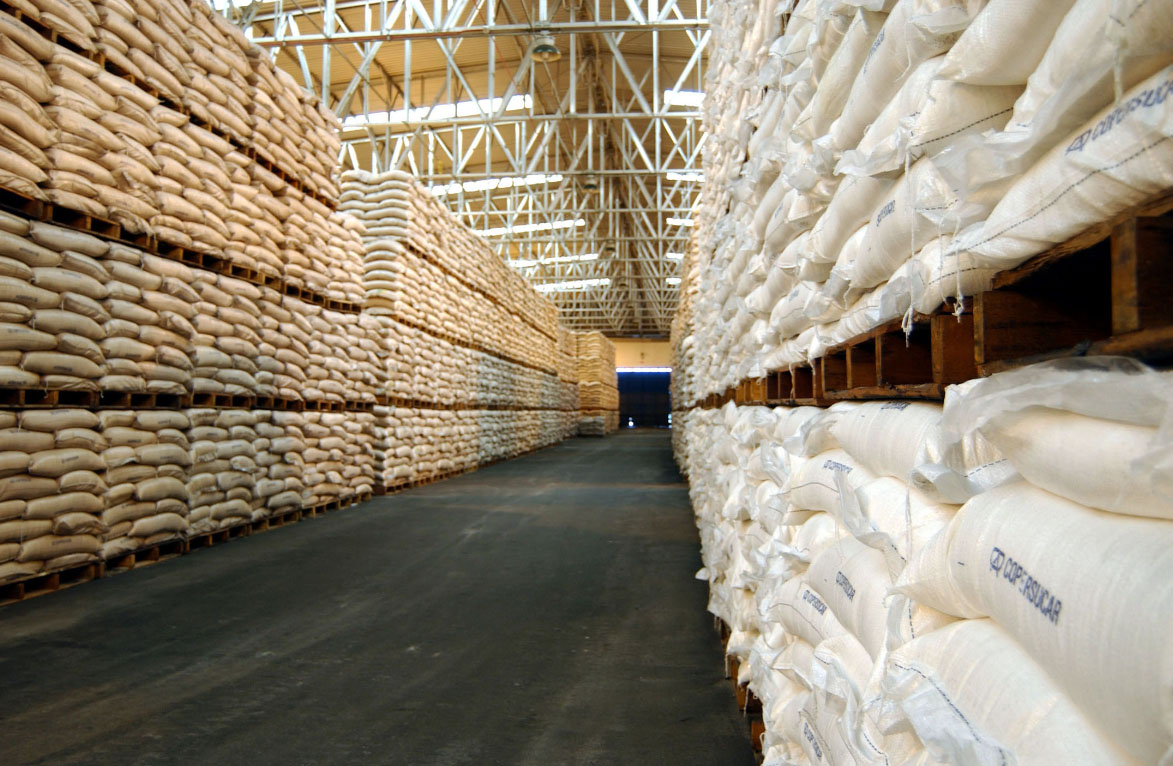Brazil is
not only the world’s largest exporter of sugar but also home to some of the
most influential sugar producers globally. The sugar industry in Brazil is a
dynamic and essential part of the nation’s economy. In this blog post, we’ll
delve into the world of sugar producers in Brazil, exploring their historical
significance, production methods, and the crucial role they play in this sweet
industry.
Sugar
Producers in Brazil: A Historical Perspective
Colonial
Origins: The history of sugar production in Brazil has its roots in the
colonial era, dating back to the early Portuguese settlers who introduced
sugarcane cultivation.
Economic
Powerhouses: Sugar producers have historically been significant contributors to
Brazil’s economic development, driving trade and commerce.
The Process
of Sugar Production
Sugarcane
Cultivation: The journey of sugar production begins with the cultivation of
sugarcane in vast fields, a process steeped in tradition and cultural
significance.
Harvesting
and Crushing: Ripe sugarcane is harvested and skillfully crushed to extract the
sweet juice, a critical step in the sugar-making process.
Clarification
and Boiling: The extracted juice undergoes clarification and boiling to remove
impurities, resulting in a clear sugar solution.
Crystallization
and Drying: The sugar solution is then concentrated, crystallized, and dried,
ultimately producing the fine sugar crystals for which Brazil is renowned.
The Role of
Sugar Producers
Economic
Contribution: Sugar producers are significant contributors to Brazil’s economy,
providing employment and supporting local communities.
Quality
Assurance: Brazilian sugar is well-regarded for its quality and adherence to
international standards, contributing to the nation’s reputation as a reliable
supplier.
Technological
Advancements
Innovation
in Farming: Sugar producers have embraced modern technology to enhance
efficiency, sustainability, and product quality.
Diversification:
Many producers have diversified their operations to include ethanol production,
expanding their revenue streams and contributing to the global biofuel
industry.
Sustainability
and Environmental Responsibility
Responsible
Water Management: Sugar producers are actively engaged in responsible water
management practices to reduce water consumption in sugarcane cultivation.
Biodiversity
Conservation: Some producers are taking steps to preserve natural ecosystems and
protect biodiversity in and around their sugarcane fields.
Challenges
and Opportunities
Market
Fluctuations: The sugar industry faces challenges related to market
fluctuations, evolving consumer preferences, and competition from alternative
sweeteners.
Sustainability
Initiatives: Technological advancements offer opportunities for growth,
sustainability, and improved efficiency, helping sugar producers navigate the
evolving landscape of the industry.
Conclusion
Sugar
producers in Brazil are not just key players in the sugar industry; they are
stewards of a rich cultural legacy that spans centuries. With a deep history,
economic significance, and a commitment to sustainability and innovation, these
producers continue to contribute to Brazil’s identity and prosperity. As they
move forward, preserving tradition while shaping a more sustainable, sweet
future, they remain vital to the nation’s success in the global sugar market.

